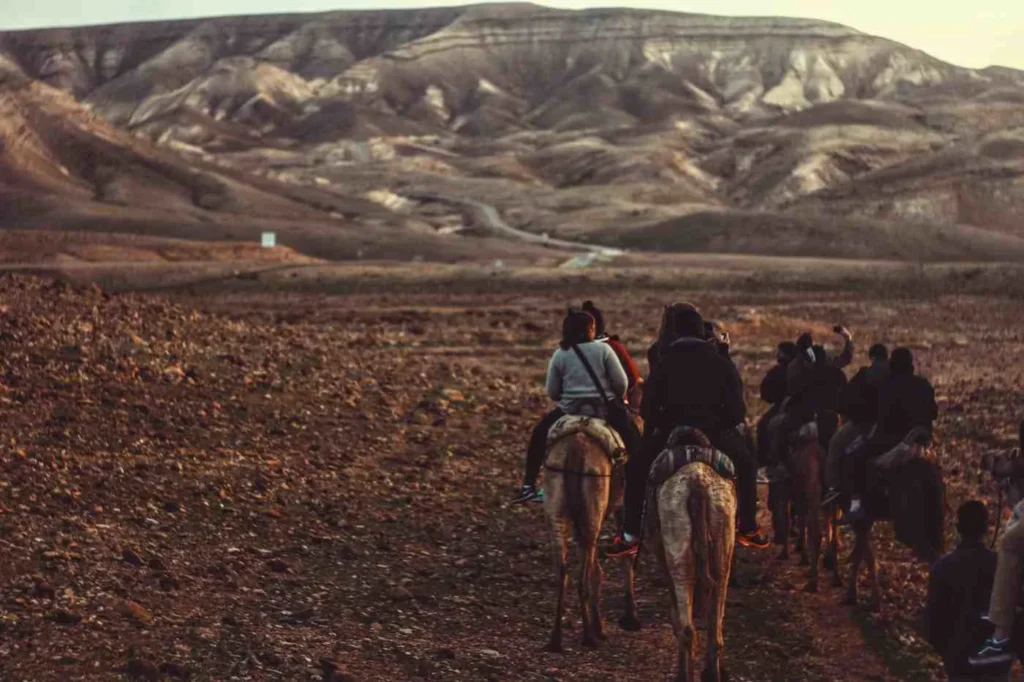Horses have been humanity’s most reliable travel partners for thousands of years, carrying warriors, messengers, and explorers across vast distances. But just how far can a horse travel in a single day? The answer isn’t simple it depends on breed, terrain, conditioning, and even the rider’s skill. While a leisurely trail horse might cover just 10-15 miles, an elite Arabian endurance racer can push 100 miles in under 24 hours. This guide dives deep into the science, history, and real-world data behind equine travel limits.
1. Daily Distance by Breed: From Arabians to Clydesdales
Not all horses are built for distance. Some breeds sprint, others pull heavy loads, and a select few are endurance superstars. Here’s how the most common breeds compare:
Arabian Horses: The Ultimate Endurance Machines
– Average Daily Range: 50-100 miles
– Record-Breaking Feat: 189 miles in 24 hours (2006 endurance race)
– Why They Excel: Large nostrils for better oxygen intake, lean muscle structure, and a heart 11% larger than other breeds.
Mustangs: Tough Survivors of the Wild West
– Average Daily Range: 40-60 miles
– Record Distance: 75 miles (documented mustang endurance trials)
– Key Trait: Hardened hooves that resist wear, making them ideal for rocky or desert terrain.
Thoroughbreds: Built for Speed, Not Stamina
– Average Daily Range: 30-50 miles
– Max Recorded: 60 miles (rare, as they fatigue faster than Arabians)
– Limitation: Lean, fast-twitch muscles optimized for racing, not long hauls.
Quarter Horses: Sprinters, Not Marathoners
– Average Daily Range: 25-40 miles
– Max Recorded: 50 miles (with frequent rests)
– Best For: Short bursts of speed (hence the name “quarter-mile” specialists).
Clydesdales & Draft Horses: Power Over Distance
– Average Daily Range: 20-30 miles
– Max Recorded: 35 miles (due to massive weight and slower pace)
– Best Use: Pulling heavy loads, not covering long distances.
Historical Note: The Pony Express relied on fast, lightweight horses (often Mustangs or Morgans) to cover 75-100 miles per day but with fresh horses every 10-15 miles.
2. How Terrain Drastically Changes Travel Distance

A horse galloping on flat, hard-packed dirt can travel much farther than one struggling through mud or sand. Here’s how different terrains impact daily range:
| Terrain Type | Speed Reduction | Why? |
|——————|——————-|———-|
| Hard-Packed Dirt | 0% (Baseline) | Ideal for hoof grip and minimal fatigue. |
| Loose Sand | 40% slower | Hooves sink, requiring 3x more energy. |
| Mountain Trails | 50% slower | Thin air and steep climbs drain stamina. |
| Swamps/Marshes | 60% slower | Constant slipping and high energy waste. |
Real-World Example: Genghis Khan’s messengers rode across frozen ground whenever possible hard ice allowed them to cover 60-80 miles daily, while summer travel dropped to 30-40 miles due to softer terrain.
3. The 20% Rule: How to Safely Increase a Horse’s Distance
Pushing a horse too far, too fast leads to injuries like tendon strains or laminitis. The 20% Rule is the gold standard for conditioning:
> “Never increase a horse’s daily distance by more than 20% per week.”
8-Week Conditioning Plan
| Week | Daily Miles | Weekly Increase | Training Notes |
|———|—————-|———————|——————-|
| 1 | 10 miles | Baseline | Light walking only. |
| 2 | 12 miles | +20% | Introduce short trotting intervals. |
| 3 | 14.4 miles | +20% | Add gentle hills. |
| 4 | 17.3 miles | +20% | Check hoof health daily. |
| 5 | 20.7 miles | +20% | Vet check recommended. |
| 6 | 24.8 miles | +20% | Maximum safe limit for most horses. |
Warning: Exceeding this rule risks suspensory ligament damage the #1 career-ending injury in endurance horses.
4. Longest Recorded Horse Journeys in History

Horses have achieved some unbelievable feats when pushed to their limits:
– 189 miles in 24 hours – Modern record set by an Arabian (2006).
– 100 miles/day for 10 days – Mongol warriors during invasions (with multiple horse swaps).
– 68 miles nonstop – Paul Revere’s famous 1775 midnight ride (though historians debate if he rode the same horse the whole way).
– 50-60 miles daily for weeks – Pony Express riders (changing horses every 10-15 miles).
Why Arabians Dominate: Their unique physiology larger lungs, efficient cooling, and high red blood cell counts allows them to outperform other breeds in extreme conditions.
5. Can a Horse Travel Farther Than a Human?
Surprisingly, elite human ultramarathoners can sometimes outlast horses in extreme conditions:
– Horse: 100 miles in 10-14 hours (best endurance Arabians).
– Human: 100 miles in 12-16 hours (top ultrarunners like Courtney Dauwalter).
However, over multiple days, horses win they recover faster and can maintain 50+ mile days for weeks, while humans max out around 30-40 miles daily.
Final Answer: How Far Should You Ride in a Day?
For the average rider:
– Leisurely trail ride: 10-15 miles.
– Conditioned trail horse: 20-30 miles.
– Endurance-trained Arabian: 50-100 miles (with proper care).
Key Takeaways:
✔ Breed matters – Arabians outperform all others in distance.
✔ Terrain cuts speed – Sand and mountains slow horses drastically.
✔ The 20% Rule saves lives – Never rush conditioning.
✔ History proves extremes – From Mongols to the Pony Express, horses have pushed limits for centuries.
Whether you’re a casual rider or an endurance competitor, understanding these factors ensures your horse stays healthy and goes the distance.
Want More? Check out our next article: “How Mongol Horses Conquered the World” detailing how Genghis Khan’s armies traveled faster than any civilization before them.







